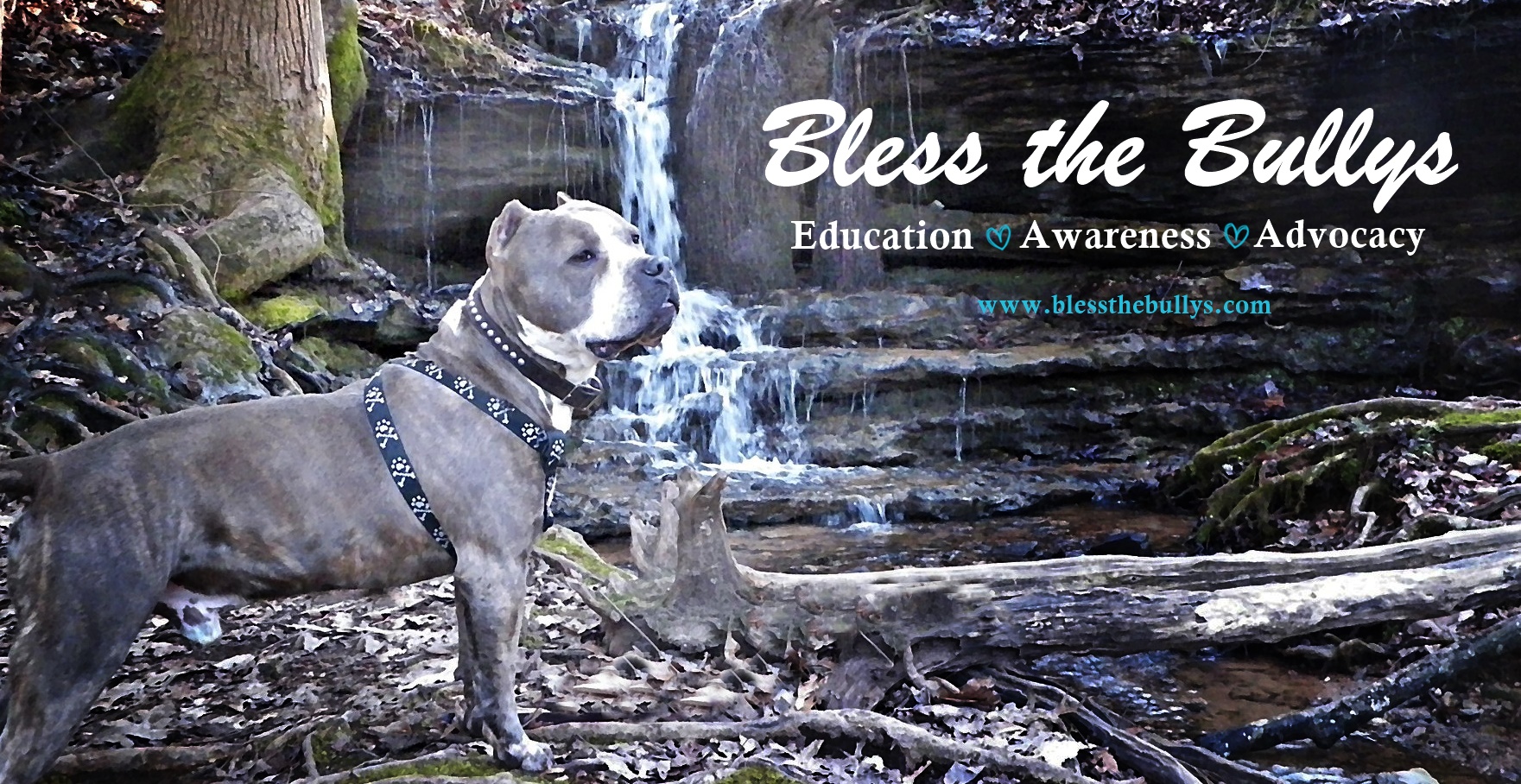Fighting BSL and Alternatives...
We understand that taking on a proposed breed specific ordinance can be an intimidating experience. I know...I've been there (multiple times). The following information will (hopefully) make that experience a little less overwhelming. Please remember that fighting BSL is a group effort. Even if you don't live in the area where a breed specific ordinance has been proposed, please speak out against it. Every voice counts and does make a difference.
Unless you live in the area where the ordinance is being proposed, we typically learn of proposed breed specific ordinances through the media. Once you hear an area has proposed an ordinance that would target specific breeds of dogs, we encourage you to reach out to the officials in that area to educate them on the failures of BSL. Please remember it is extremely important to always be polite and respectful in all your communications with officials. While some of the officials won't share your viewpoint, they will certainly turn a deaf ear if you are rude and disrespectful. Its impossible to work toward a solution to a problem with someone that we have alienated.
Tips for calling state/city officials
* Plan your call. Keep to the point and discuss only one issue.
* Organize your thoughts ahead of time and make notes to help you stay on track.
* Prepare a one-page fact sheet concerning the issues you want to discuss.
* Again, whether you call or write, ALWAYS BE POLITE AND RESPECTFUL.
TALKING POINTS (breed bans and breed specific MSN)
*Any law enacted should be both reasonable and enforceable.
*Any law enacted should protect the health and welfare of dogs without restricting the rights of owners and breeders who take their responsibilities seriously.
*In many communities - including most rural areas - the cost to spay or neuter a dog is well over $100. Communities at local and state levels should encourage and offer affordable opportunities, programs and incentives to dog owners to spay or neuter their dogs, not laws mandating surgical procedures that their constituents STILL cannot afford.
*State and local leash laws are often not enforced. As a result, dogs typically run loose. Educating the citizens with respect to responsible dog ownership practices will have more far-reaching positive effects than passing of adverse pet legislation.
*A strong leash law that is actively enforced is an effective means of birth control for dogs and an excellent tool for community safety.
*Breed specific ordinances are difficult, if not impossible, to enforce. Enacting a spay/neuter ordinance specific to pit bulls would require additional funding and personnel, both of which are either greatly lacking or completely absent across the State of Tennessee.
*A mandatory spay and neuter law against "pit bulls" cannot be adequately enforced as "pit bull" is not a breed of dog. Animal control officers would be charged with making subjective determinations as to a dog's breed thus opening municipalities to liability in the event of false identification.
*The citizens are burdened with higher taxes in an effort to pay for a law that is, in essence, unenforceable as animal control officers would be expected to go house to house to personally examine each and every dog that falls under the description of "pit bull."
*Because animal control officers are tied up with "pit bull inspections," they are unavailable to enforce the law against the true irresponsible owners and dogs that are a true danger in their community thus leaving the citizens vulnerable.
*Breed specific legislation is ineffective as it does not focus on the root of the problem - irresponsible dog owners. Rather, owners will simply choose another breed to continue their cycle of irresponsibility.
Alternatives to Breed Bans
The answer to dangerous dogs can be found in generic Dangerous Dog Laws which address the underlying cause of most dog-related deaths and injuries – irresponsible dog ownership.
Any dog can bite – Any dog can be made aggressive and be trained to attack.
Good Dangerous Dog Laws place the owner in the position of ensuring that their dog(s) comply with all state and local requirements. Fines for violations can vary, but the leading principle is that dog ownership should be more costly to the irresponsible individuals. Experience has taught us that most bite incidents are examples of irresponsible ownership, not the specific dog breed involved. In other words, we need stricter regulations on dog ownership, no matter what the breed.
Breed-neutral legislation is cost effective in comparison to outright breed ban and is more readily accepted for the most part. More importantly, a well-thought non-breed specific legislation addresses the root cause of most, if not all, dog related injures and deaths, which is the irresponsible dog owner.
For several years, it seemed BSL was the "solution" for communities facing animal control issues. The problem, of course, is that BSL focuses on dogs rather than the irresponsible and reckless dog owners. However, the tide is turning. More and more communities are enacting breed neutral ordinances in large part due to citizens taking a stand and offering education and workable solutions to the officials proposing breed specific ordinances.
Please take a stand against Breed Specific Legislation!!
And I am my brother's keeper,
And I will fight the fight;
And speak the word for the beast and bird
Till the world shall set things right."
~Ella Wheeler Wilcox~



